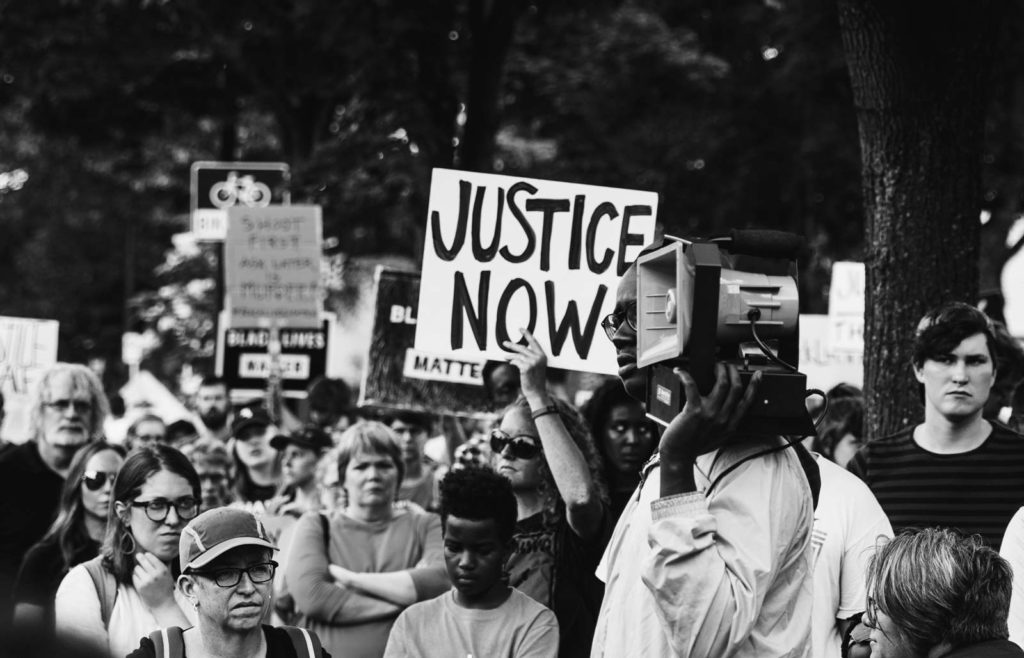In the film “The Imitation Game,” Alan Turing describes his thinking machine and how we allow for divergences in the human brain that would not necessarily present in a machine.
“What is the point of different tastes, different preferences, if not, to say that our brains work differently, that we think differently?” he says.
I don’t find fault in thinking differently from one another. All of our most important inventions, discoveries, theories, art pieces, plays, songs, and so on would be unheard of without divergent thinking.
The problem I have is when we start saying that we should be able to get along with “people who disagree with us.”1
Fine. I’ll gladly be friends with someone who likes pineapple on their pizza despite the fact that I don’t find that appetizing. I’ll pal around with someone who likes Pepsi instead of Coke. I’ll be friendly with someone whose favorite font is Comic Sans. I’ll try to get along with someone who doesn’t agree that Dolly Parton is the voice of a generation.
I will not, however, be friendly with someone who thinks that my – or any marginalized group’s – rights are up for debate.
I will not be friends with someone who has actively worked to undermine my ability to access affordable and quality health care.
I won’t pal around with someone who thinks that my LGBTQ+ friends should have to hide who they are and who they love if they want to hold down a job.
I won’t give the benefit of the doubt to someone who left Black people to drown during Hurricane Katrina or someone who wouldn’t give aid to a U.S. territory still reeling from the effects of Hurricane Maria.2
I won’t “find common ground” with someone who authorized or supports the separation of families at the US-Mexico border.
I won’t “just get along” with someone who thinks that Black people fighting back against police brutality is the problem, rather than the fact that our police forces and criminal justice system are riddled with unconscious bias that allow officers to kill unarmed civilians without consequences.
To be friends with people who gladly trade away the rights of people who exist on the margins of society is to anesthetize ourselves to all the harm they’ve inflicted on people who have little to no power to fight back.
So, yes, I can “just get along” with people who have different opinions than I do, but I won’t seek out the company of people who have differing views on who gets to be considered human and worthy of care.
- Why are the “people who disagree with us” that we have to “get along with” always white conservative dudes? Why is it contingent on those in marginalized communities to “learn to see [the white guy’s] point of view” when they rarely, if ever, are told to do the same for us? Why do I spend time researching Ronald Reagan’s rise to power so I can “see where [my conservative relatives] are coming from” when no one has ever told a conservative relative of mine to pick up anything by Malala Yousafzai or bell hooks or Rebecca Traister? (I mean, I know why, but maybe somebody out there has a better answer than just that we live in a society founded on patriarchy and white supremacy.)
- You are allowed to be friends with whoever you want but if you choose to associate with people who are responsible for horrific policies that hurt a lot of people, you can’t be surprised when people are mad at you.
